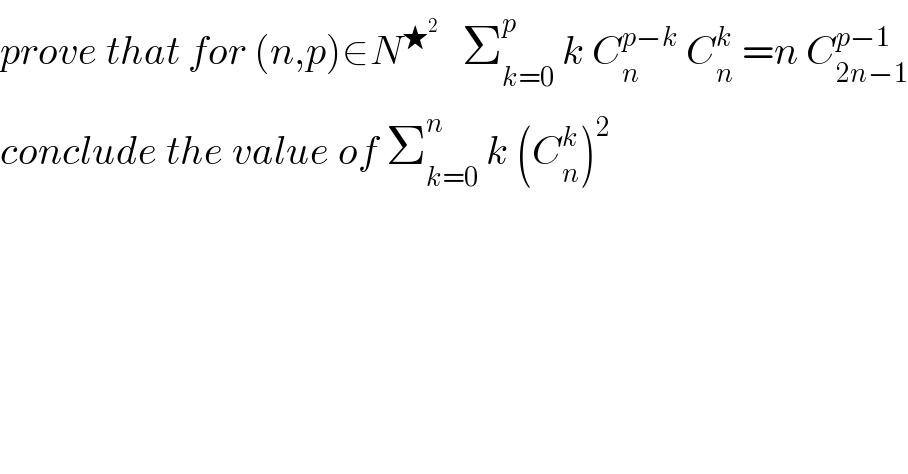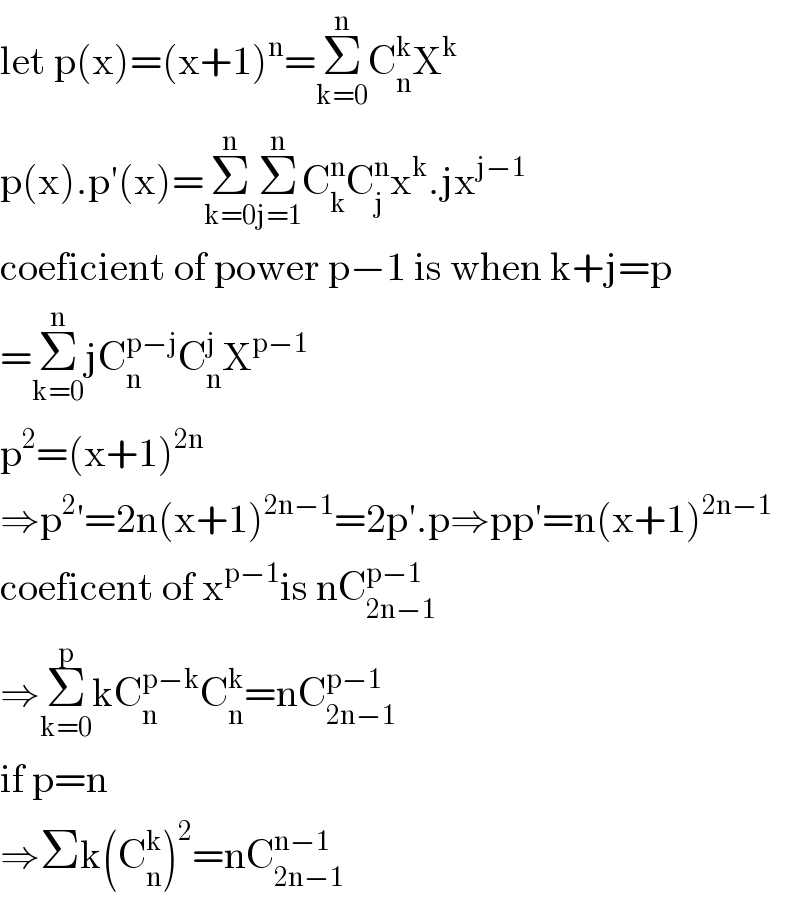
Question and Answers Forum
Question Number 73042 by mathmax by abdo last updated on 05/Nov/19

Answered by mind is power last updated on 05/Nov/19

Commented by mr W last updated on 06/Nov/19

Commented by mind is power last updated on 06/Nov/19

| ||
Question and Answers Forum | ||
Question Number 73042 by mathmax by abdo last updated on 05/Nov/19 | ||
 | ||
Answered by mind is power last updated on 05/Nov/19 | ||
 | ||
| ||
Commented by mr W last updated on 06/Nov/19 | ||
 | ||
Commented by mind is power last updated on 06/Nov/19 | ||
 | ||